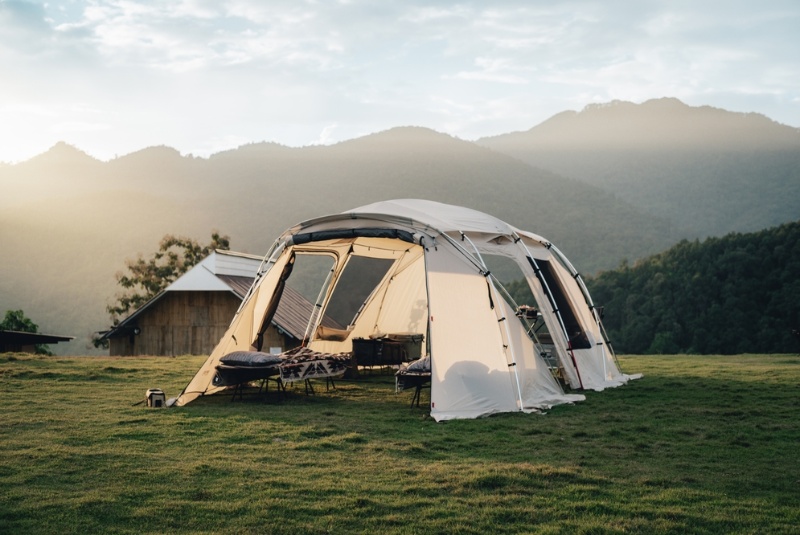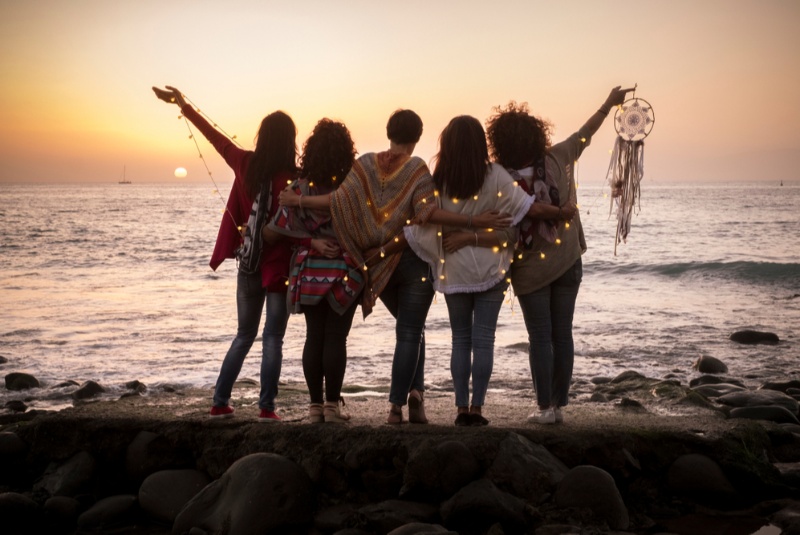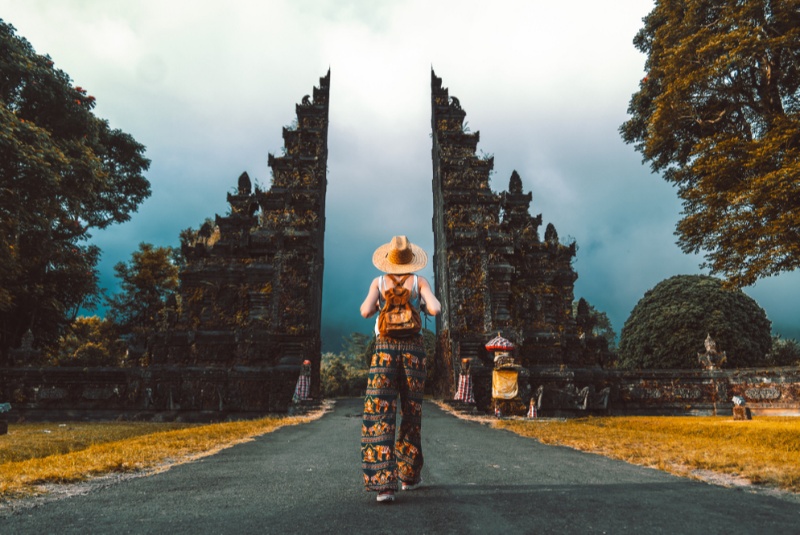Camping offers a great escape into nature, providing a refreshing break from the hustle and bustle of daily life. Whether you're a seasoned camper or a first-timer, proper planning is crucial to ensure a successful and enjoyable experience. This guide will cover everything you need to know before setting out on your camping journey.
Choose the Right Type of Camping
Before you start packing, it’s important to decide what type of camping experience you’re looking for. There are several types of camping to consider:
- Backpacking: This type involves hiking to a remote location with all your gear in a backpack. It's ideal for those who enjoy solitude and adventure, offering a chance to explore less accessible areas.
- Car Camping: Suitable for beginners and families, car camping involves driving to a campsite and setting up camp near your vehicle. This type allows you to bring more equipment and supplies, making it more comfortable, especially for extended stays.
- RV Camping: Provides a home-on-wheels experience. Campers can enjoy the outdoors while having access to the amenities of an RV, such as beds, a kitchen, and a bathroom. It’s perfect for those who prefer not to sleep in a tent.
- Primitive Camping: For those seeking a rugged experience, primitive camping means there are few or no amenities, and you must be fully self-sufficient. This type of camping is for the more experienced adventurer who enjoys a challenge.
Understanding the type of camping you wish to undertake will help you prepare appropriately and choose the right gear and supplies.
Select the Right Campsite
Choosing the right campsite is pivotal for a good camping experience. Consider what facilities are important to you, such as showers, toilets, fire pits, and whether these are available at the site. Also, think about proximity to water sources and whether you prefer a secluded spot away from others or a more community-oriented campground. Factors such as the campsite's terrain, proximity to hiking trails or water bodies, and the presence of shade or shelter also play crucial roles in your selection. Researching campsites in advance is crucial; many popular sites require reservations, especially during peak seasons.
Check the Weather
Before you head out, it’s essential to check the weather forecast for the duration of your trip. Weather can significantly impact your camping experience, influencing what clothing and gear you should bring. Prepare for all possibilities by packing waterproof clothing, extra layers for cold weather, and sun protection for hot and sunny days. Be aware of any potential severe weather alerts and have contingency plans in place, such as knowing the nearest shelter locations or having an emergency exit strategy.

Pack the Essentials
Packing the right gear is key to a comfortable and safe camping trip. Your packing list should include:
- Tent: Ensure it's appropriate for the weather conditions and the number of people using it.
- Sleeping Bag and Pad: Choose based on the lowest nighttime temperatures you expect.
- Cooking Gear: Portable stove, fuel, lighter, and cookware.
- Food and Water: Pack enough for the trip plus extra in case of emergency. Include a water filtration system if you're unsure about water access.
- Clothing: Prepare for all weather conditions.
- Navigation Tools: Map, compass, or GPS device.
- First Aid Kit: Always bring a well-stocked first aid kit.
Understand Campsite Rules and Etiquette
Familiarize yourself with the campsite rules and general camping etiquette. This includes:
- Noise Levels: Keep noise to a minimum, especially during quiet hours.
- Garbage Disposal: Follow the Leave No Trace principles by packing out what you bring in.
- Campfire Safety: Understand the campsite’s fire regulations. Never leave a fire unattended and make sure it’s completely extinguished before leaving or going to sleep.
- Wildlife Interactions: Keep food stored securely and avoid feeding or approaching wildlife.
Plan Your Meals
Plan your meals ahead of time to ensure you have enough food for your trip. Consider easy-to-prepare and nutrient-dense foods that don’t require refrigeration. Preparing meals at home, such as pre-cooked meals or pre-chopped ingredients, can save time at the campsite. Always bring extra in case of emergency, and consider the nutritional content to maintain energy for activities.
Safety First
Safety should be your top priority when camping. Inform someone of your plans, including where you’ll be camping and when you plan to return. Be aware of the potential hazards in the area, such as wildlife, plants, and weather conditions. Bring necessary safety gear such as bear spray in bear country, and always have a plan for emergency situations. It’s also essential to know basic first aid and CPR in case of medical emergencies.
Prepare Activities
To make the most out of your camping trip, plan some activities. Hiking, fishing, swimming, and wildlife watching are popular options. Bring appropriate gear for your planned activities, and consider any permits or licenses you might need. Activities can enhance your camping experience, providing enjoyment and opportunities to explore the natural environment.
Be Prepared for Emergencies
Despite the best planning, emergencies can happen. Prepare by bringing a comprehensive first aid kit, knowing basic first aid procedures, and having a way to contact emergency services if needed. Consider carrying a satellite phone or a personal locator beacon if you are going to be in a remote area. Being prepared for emergencies means you can respond effectively, ensuring safety for yourself and others.
By following these guidelines, you can ensure that your camping trip is not only enjoyable but also safe and well-prepared. Camping is a wonderful way to connect with nature and spend quality time with family and friends, and with the right preparation, it can be a highlight of your outdoor adventures.




